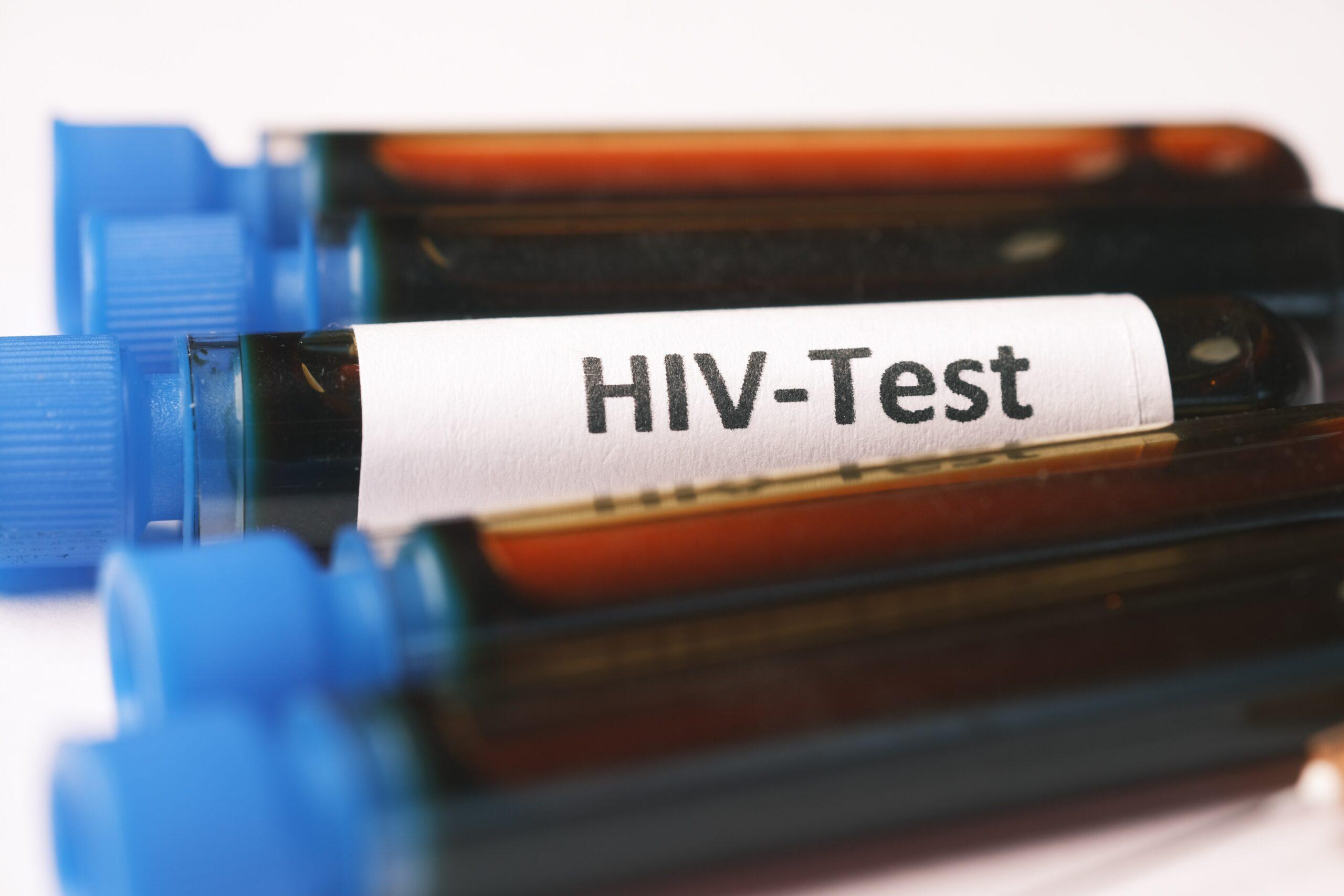Combating HIV/AIDS discrimination in the workplace in Trinidad and Tobago

Discrimination against individuals living with HIV/AIDS remains a pervasive issue in workplaces worldwide and especially in Trinidad and Tobago, despite significant advancements in medical knowledge and social awareness. This form of discrimination not only violates the fundamental rights of affected individuals but also undermines efforts to combat the HIV/AIDS epidemic. Understanding why it is crucial to prevent such discrimination, as well as the potential ramifications and unintended consequences, is paramount in fostering inclusive and equitable work environments.
The importance of preventing HIV discrimination in the workplace is not only a matter of upholding human rights but also a critical component of public health and societal well-being. Stigmatizing and discriminatory attitudes towards individuals living with HIV/AIDS can deter people from seeking testing, treatment, and support services. This, in turn, hampers efforts to prevent new infections and manage the spread of the virus.
Moreover, discrimination perpetuates misinformation and fear surrounding HIV/AIDS, contributing to social marginalization and isolation experienced by affected individuals. Such stigma can have profound psychological and emotional consequences, leading to anxiety, depression, and a diminished sense of self-worth among those living with HIV/AIDS.
Of course, as with any action, there are always ramifications. The ramifications of HIV discrimination extend beyond the immediate impact on affected individuals, but also impacting workplace dynamics, productivity, and organizational culture. Employees who fear discrimination may be reluctant to disclose their HIV status or access necessary accommodations and support services, leading to unmet healthcare needs and decreased job satisfaction. Furthermore, discriminatory practices can result in legal consequences for employers, including lawsuits, financial penalties, and reputational damage. Failure to address HIV discrimination not only violates anti-discrimination laws but also undermines efforts to foster diverse, inclusive, and socially responsible workplaces.
At present, Trinidad and Tobago has no profound law that protects people against discrimination based on HIV status, or rather, none that is enforced to protect against workplace discrimination against those with HIV status. This needs to change.
There are a few steps employers can take to protect people with HIV in the workplace. Employers play a crucial role in preventing HIV discrimination and promoting inclusivity in the workplace. Employers can implement non-discrimination policies to establish clear policies prohibiting discrimination based on HIV status and ensuring equal treatment and opportunities for all employees. In addition to employer initiatives, government intervention is essential in safeguarding the rights of people living with HIV/AIDS. Governments can enact anti-discrimination legislation and implement and enforce laws that explicitly prohibit discrimination based on HIV status in employment, healthcare, and other areas of public life. Government can and should provide education and comprehensive training to raise awareness about HIV/AIDS, dispel myths and misconceptions, and promote a culture of acceptance and support.
Certainly, addressing the emotional impact of HIV discrimination is crucial in understanding its profound effects on individuals. Discrimination based on HIV status not only infringers upon one’s right but also inflicts significant emotional and psychological distress especially for the person who is already suffering.
By working collaboratively across sectors and prioritizing efforts to eliminate HIV discrimination, we can create workplaces that are inclusive, supportive, and conducive to the well-being and dignity of all individuals, regardless of their HIV status. Together, we can build a future where every person is treated with respect, compassion, and equality.
However, discrimination based on HIV status can elicit a range of negative emotions and psychological responses, undermining the overall well-being and quality of life to the affected individuals. It is imperative to address not only the tangible consequences of discrimination but also its profound emotional and psychological effects in order to create supportive and inclusive environments where all individuals are treated with dignity, respect and compassion, starting in workspaces.
Subrina Hall Azih is a Trinidadian educator.






